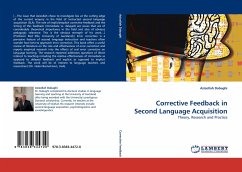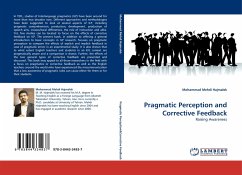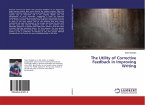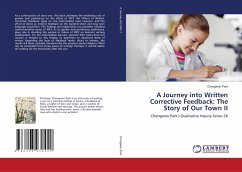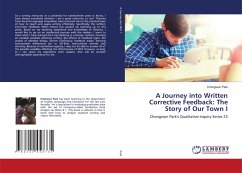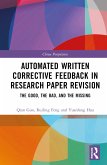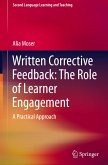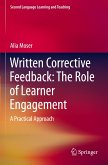[ The issue that Azizollah chose to investigate lies at the cutting edge of the current enquiry in the field of instructed second language acquisition (SLA). The role of implicit/explicit corrective feedback and the timing of this feedback (immediate vs. delayed) are issues that are of considerable theoretical importance in the field and also of obvious pedagogic relevance. This is the obvious strength of his work ] (Professor Rod Ellis, University of Auckland).( Error correction is a pervasive feature of second language instruction and teachers often wonder how best to approach error correction. This book offers a useful review of literature on the role and effectiveness of error correction and reports empirical research into the effects of oral error correction on language learning. The research reported addresses questions of direct interest to teaching including the relative effectiveness of immediate as opposed to delayed feedback and explicit as opposed to implicit feedback. The work will be of interest to language teachers and researchers) (Dr. Helen Basturkmen, UoA).
Bitte wählen Sie Ihr Anliegen aus.
Rechnungen
Retourenschein anfordern
Bestellstatus
Storno

